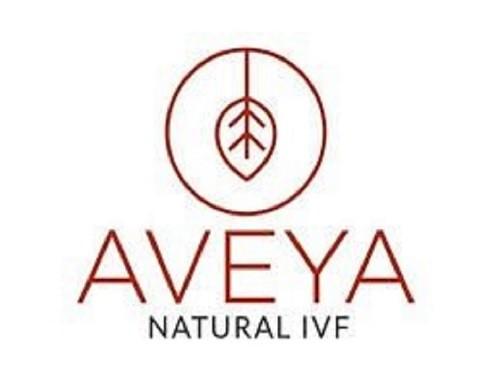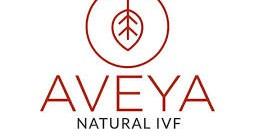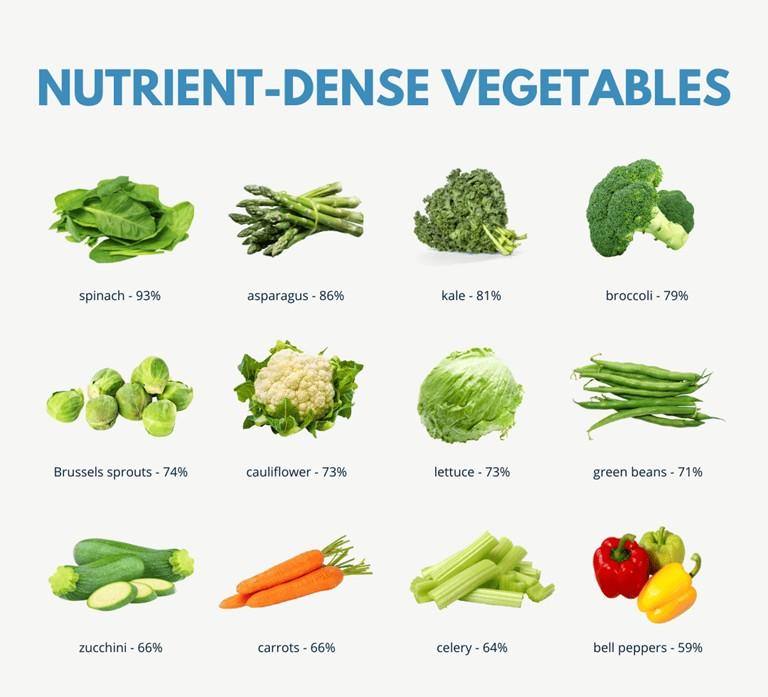
















Presented by Aveya IVF










Nutrient-dense foods are packed with essential vitamins, minerals, antioxidants, and other bioactive compounds that play a crucial role in
overall health and well-being. They are typically low in calories, unhealthy fats, and added sugars. Examples of nutrient-dense foods include:














01.
For many couples, starting a family is a joyful and exciting time. However, the journey to conception can be challenging, and fertility issues can affect up to 1 in 6 couples worldwide.



02.
Hormonal balance: Certain nutrients, suchasvitaminD,zinc,andiron,arecrucial for regulating hormones involved in ovulationandspermproduction.
03.
Egg quality: Folate, antioxidants, and omega-3 fatty acids are essential for promoting healthy egg development and reducing the risk of chromosomal abnormalities.
Sperm health: Zinc, selenium, and vitamin E are important for sperm production,motility,andmorphology.
04. Reducinginflammation: Chronic inflammation can impair reproductive health. Nutrient-dense foods rich in antioxidants and omega-3 fatty acids can help reduce inflammation.

The gut microbiome: There is growing evidence that the gut microbiome plays a role in fertility. Eating a diet rich in prebiotics and probiotics may help to promote a healthy gut environment and improve fertility outcomes.
Environmental toxins: Exposure to certain environmental toxins, such as BPA and phthalates, may be linked to fertility problems. Choosing organic food and avoiding processed foods whenever possible can help to reduce your exposure to these toxins.
Personalized nutrition: A one-size-fits-all approach to fertility nutrition is no longer the norm. With the advancement of nutrigenomics, personalized dietary recommendations based on individual genetic makeup are becoming increasingly popular.





Do you want to get more tips? Well, we are coming up with some more tips that you should take into consideration. Well, such tips might help you in conceiving but remember consulting with a doctor is more important than anything. So, stay informed with your doctor about all the issues and get a complete medication from it.





But here are some tips for incorporating more nutrient-dense foods into your diet:
Plan your meals and snacks.
Make half your plate of fruits and vegetables at every meal.
Choose whole grains over refined grains.
Include lean protein sources in your meals and snacks.
Choose healthy fats, such as avocados, nuts, seeds, and olive oil.
Limit processed foods, sugary drinks, and unhealthy fats.
Consider taking a prenatal vitamin or a preconception multivitamin.








Remember, diet is just one piece of the puzzle when it comes to fertility. If you are concerned about your fertility, it is important to talk to your doctor. They can help you determine the underlying cause of any problems and recommend appropriate treatment options.



If you want to boost your fertility or want to work on it, nothing can be more helpful than nutrient-rich food. So, start adding it to your meal and plan it accordingly. Also, if you are facing an issue with fertility, it is important to consult with the doctor and ask about it. It will help in getting some good medications.













